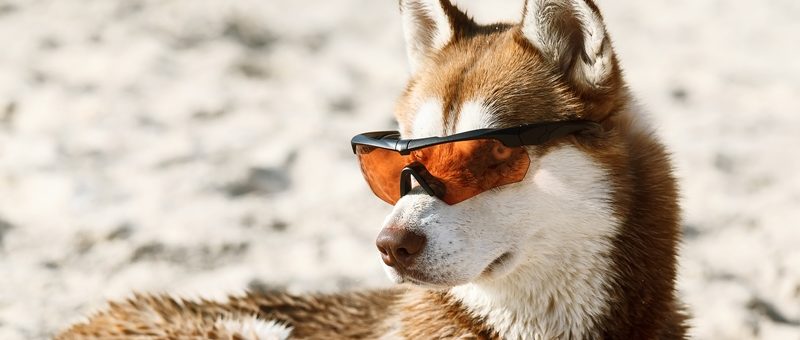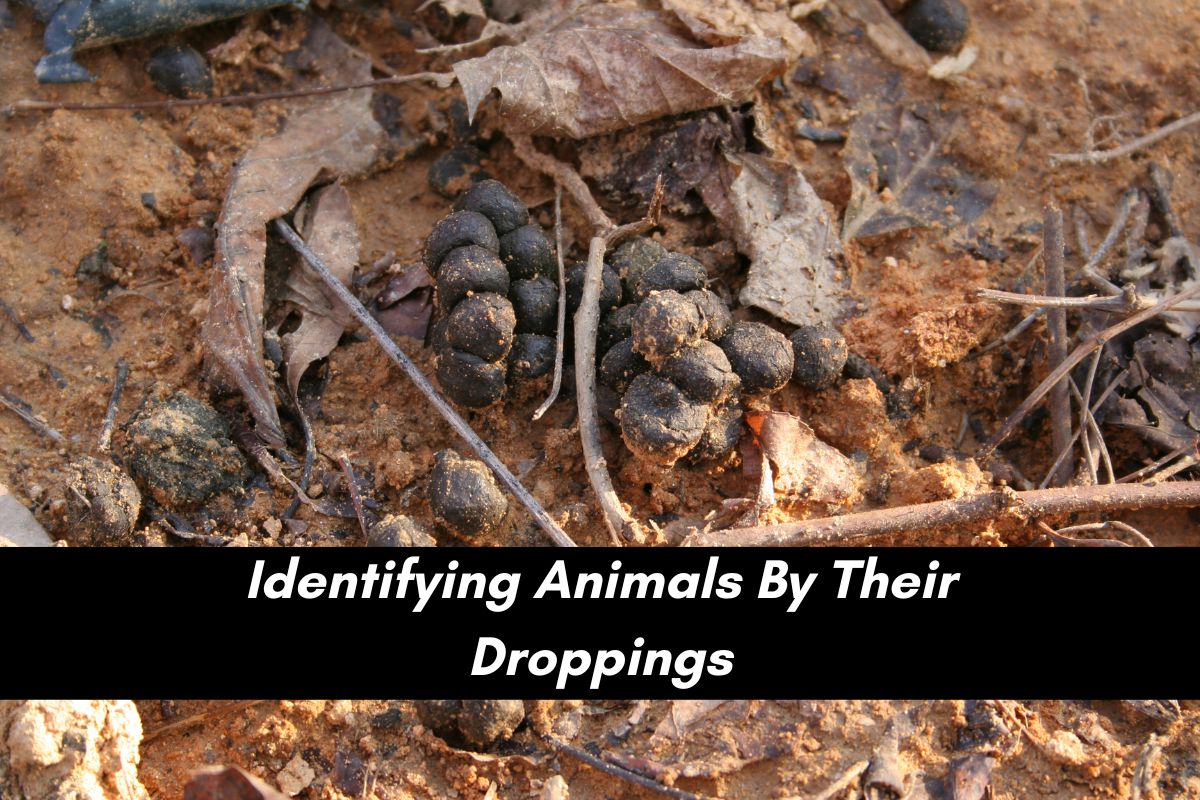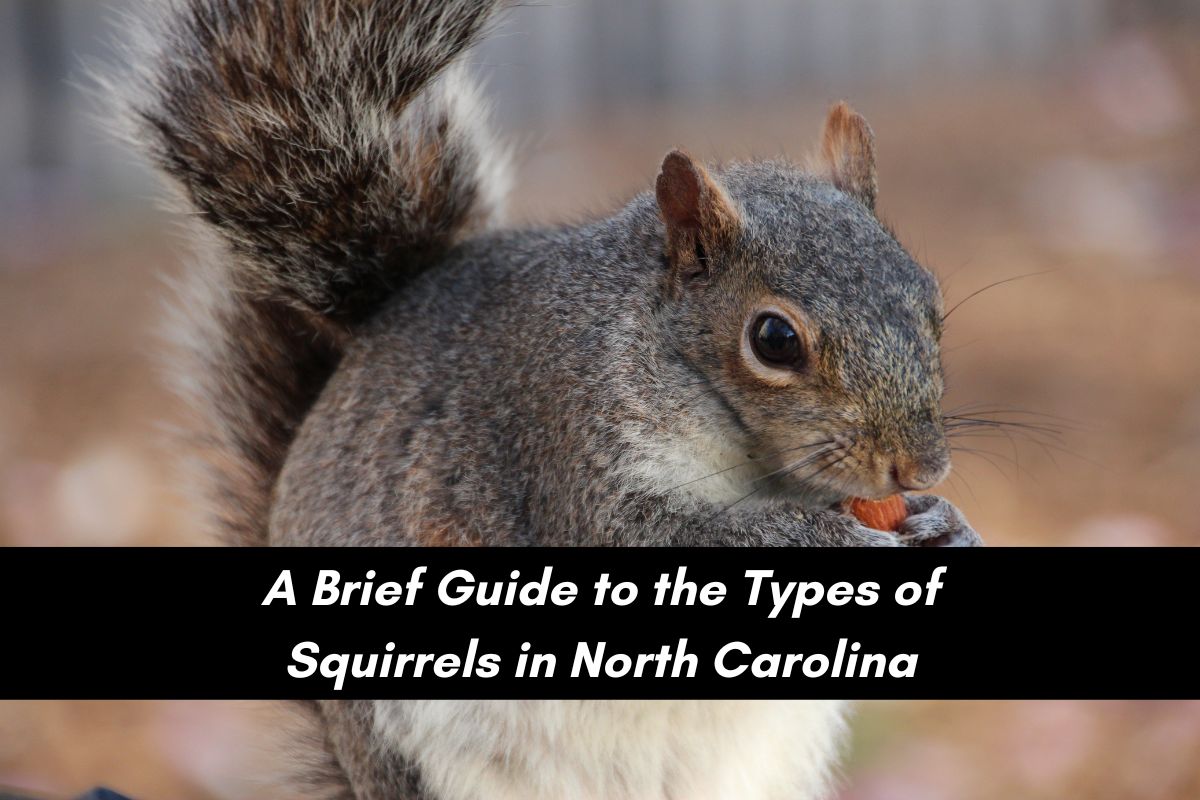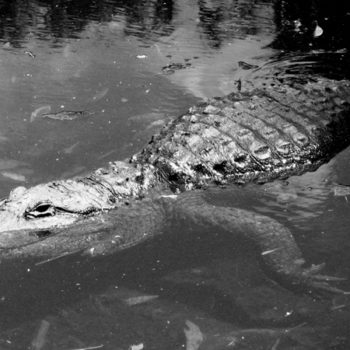
Summer Heat and Animal Behavior
- Posted by AdminBW
- On July 18, 2016
- 0 Comments
A grueling, sticky, hot and humid North Carolina summer day doesn’t just make for potentially cranky kids at the pool or a sweat-soaked polo on the golf course – summer’s heat affects the animal population just as much as it does citizens of the state. Since so much of the area is made of suburban areas rich with greenways, natural areas, and stretches of woodland, it’s likely that people spending time outdoors will come across some wildlife, and it’s important to know if and how the heat may affect those encounters.
Shelter
The first thing that animals – and most people – will do when the thermometer creeps over 100 degrees is to seek shelter. And both animals and people usually find a nice, air-conditioned house to be an excellent choice of shelter to cool off. Moving into summer, be aware if your home has any openings that pests or other animals might make use of in order to survive the hottest days of the year. The good news, of course, is that you’re less likely to run into animals in the wild in severe heat.
Eating
Wild and domestic animals will show a shift in their eating habits once the heat kicks into high gear, because seasonal changes in daylight and temperature trigger significant hormonal changes in mammals. These shifts alter the animal’s metabolism and greatly influence food intake. As temperatures increase, mammals become less active and therefore burn less energy. As days get longer during the warmer months, mammals will show decreased food seeking behavior and shifts in cellular metabolism.
What’s that mean? Your dog won’t be as hungry. But, a lower bill for pet food isn’t the only benefit you’ll see with animals eating less in the heat – you’ll see a tapering of pests scavenging for food. So, the tradeoff is a few 100 degree days for fewer raccoons flipping over your trash cans. Seems like a good deal.
No matter how you or the animals in your neck of the woods are trying to beat the heat, always remember that it’s best to trust a wildlife officer or professional expert when you come across wildlife. Critter Control works at peak performance during all seasons and in all temperatures, and we can be reached at 919-382-0651 or by visiting our contact portal on our website. We offer animal removal, animal cleanup, and pests prevention and extermination services.











